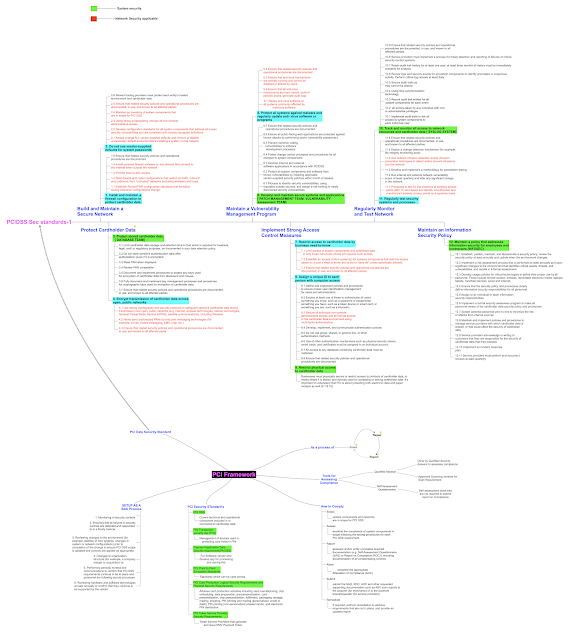Problem When I first started in IT, I went and did my Cisco CCNA . So I learned that to connect Cisco switches and pass VLAN traffic between them, I needed to create a 'Trunk' to pass the VLAN traffic. Fast forward a few years, and I now work for an HP reseller. Very early on I came to realise that what HP called a 'trunk' was very different from what I had been taught. Below is an article I did a while ago about setting up HP Trunks. HP Networking 'ProCurve' - Trunking / Aggregating Ports I was in some HP/Wireless training last week and once again I was struggling with their terminology, so today I lined up a bunch of switches on the test bench and worked out the differences. Below you will find the following scenarios; Scenario 1 Configuring Cisco Catalyst Switches with VLANs. Scenario 2 Configuring HP Switches with VLANs. Scenario 3 Setting up HP Switches with Trunked VLANs Scenario 4 Setup VLANs via HP Trunks and Cisco Port Chann...

